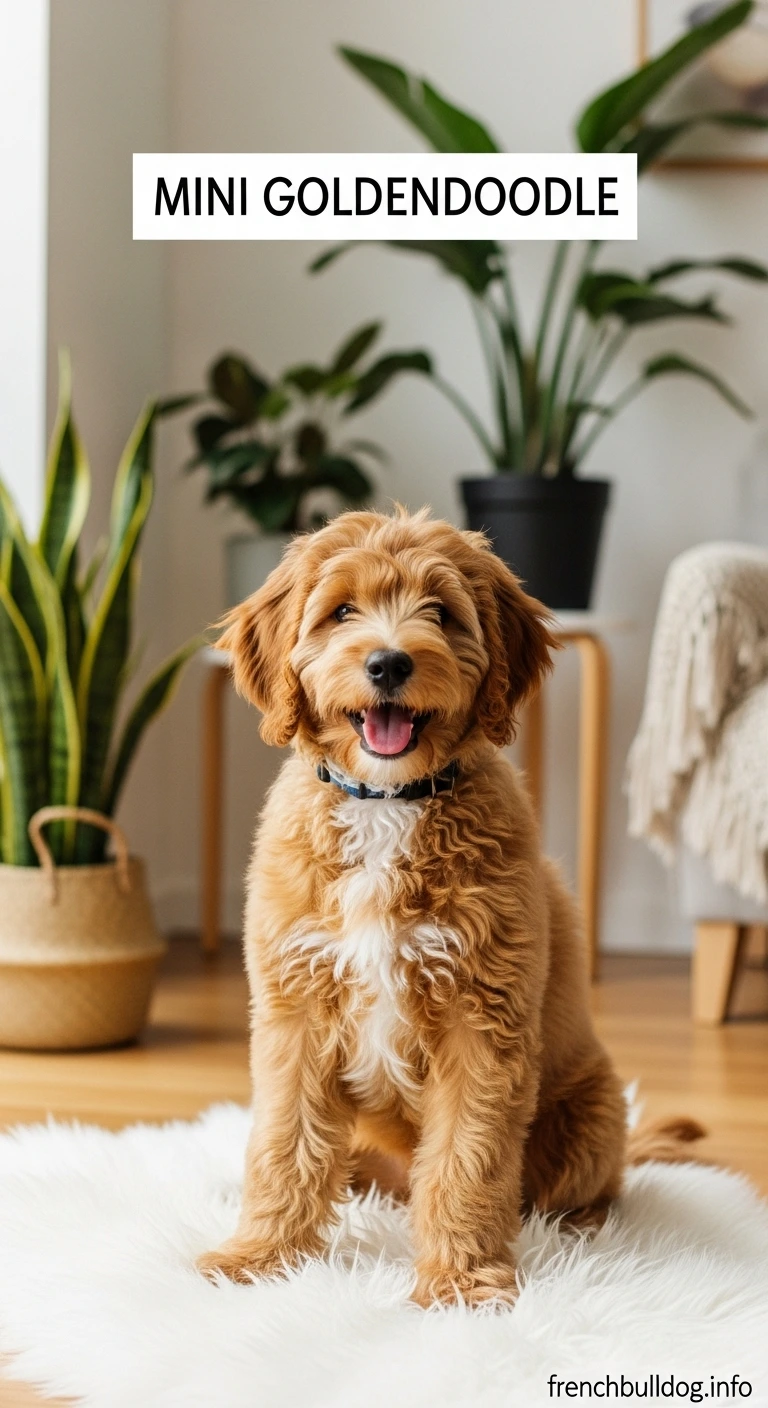Bernedoodle Puppies: Your Ultimate Guide to These Adorable Pups
Bernedoodle puppies, the charming cross between a Bernese Mountain Dog and a Poodle, are stealing hearts with their fluffy coats, playful energy, and lovable nature, making them a top choice for families, singles, or anyone seeking a low-shedding, loyal companion. Available in standard, mini, and tiny sizes, these designer pups combine the Bernese’s gentle charm with the Poodle’s clever spark, offering versatility for various lifestyles. This comprehensive guide dives into everything about Bernedoodle puppies, from their characteristics and size variations to care needs and tips for finding healthy, well-socialized pups for sale or adoption, helping you decide if a Bernedoodle puppy is the perfect addition to your home.
What Are Bernedoodle Puppies?
Bernedoodle puppies are hybrids of a Bernese Mountain Dog and a Poodle (Standard, Miniature, or Toy), born weighing just a few ounces and growing to adulthood sizes of tiny (10–24 pounds, 10–17 inches), mini (25–49 pounds, 18–22 inches), or standard (50–90 pounds, 23–29 inches). Their wavy or curly, low-shedding coats come in colors like black, white, tri-color (black, white, rust), or merle, appealing to allergy-prone households, as noted by PuppySpot. Known for their teddy bear-like looks, Bernedoodle puppies are prized for their adaptability and charm.
Characteristics of Bernedoodle Puppies
These puppies inherit a delightful mix of traits from their parents:
- Appearance: Fluffy coats and soulful eyes give them an irresistible, cuddly look. Tri-color coats are especially popular, mimicking the Bernese, per Crockett Doodles.
- Personality: They’re typically playful, loyal, and intelligent, with a gentle streak from the Bernese and a clever edge from the Poodle.
- Coat Types: Coats range from wavy (easier to maintain) to curly (denser, needing more grooming), with low-shedding qualities ideal for allergies, as noted by Hill’s Pet.
- Energy Levels: Puppies are energetic but calm down as they mature, balancing playfulness with cuddliness.
Their versatility makes Bernedoodle puppies suitable for urban apartments, family homes, or quiet households.
Bernedoodle Puppy Sizes
Bernedoodle puppy come in three size variations, each with unique appeal:
- Standard Bernedoodles Puppy: Grow to 50–90 pounds, 23–29 inches. Ideal for active families with space, they love outdoor play like fetch or hiking.
- Mini Bernedoodle Puppy: Grow to 25–49 pounds, 18–22 inches. A versatile size, they adapt to apartments or homes with moderate activity.
- Tiny Bernedoodle Puppy: Grow to 10–24 pounds, 10–17 inches. Perfect for small spaces or owners seeking a compact pup, they’re delicate but full of energy.
Choosing a size depends on your lifestyle, space, and activity level, as emphasized by My Doodle Puppy.
Care Needs for Bernedoodle Puppies
Caring for Bernedoodle puppy involves meeting their needs for feeding, grooming, exercise, and health to ensure they grow into happy, healthy adults.
Feeding Bernedoodle Puppies
Provide high-quality puppy kibble suited to their size:
- Tiny/Mini: 0.5–1 cup daily, split into 3–4 meals to support growth.
- Standard: 1–2 cups daily, split into 3–4 meals, adjusting for activity.
Monitor portions to prevent weight gain, especially in standard puppies, and ensure fresh water is available. Consult a vet for tailored diets, avoiding toxic foods like chocolate or grapes, per The Spruce Pets.
Grooming Bernedoodle Puppies
Bernedoodle puppies require regular grooming due to their wavy or curly coats:
- Brush 3–5 times weekly with a slicker brush to prevent matting.
- Start professional trims at 3–4 months for the teddy bear cut.
- Clean ears weekly to avoid infections, trim nails monthly, and brush teeth 2–3 times weekly to prevent dental issues.
Grooming maintains their low-shedding appeal, as noted by Dogsintl.
Exercise for Bernedoodle Puppies
Puppies need 30–60 minutes of daily activity, depending on size:
- Standard: Longer walks or yard play like fetch.
- Mini/Tiny: Shorter walks or indoor games like chasing soft toys.
- All Sizes: Interactive games, like hide-and-seek with treats, keep them engaged.
Mental stimulation, like puzzle toys or early training, prevents boredom, per Hill’s Pet.
Health Considerations for Bernedoodle Puppies
Bernedoodle puppies are generally healthy but may inherit conditions from their parents:
- Hip Dysplasia: More common in standard sizes; regular vet screenings are essential.
- Allergies: Skin issues can occur; monitor for excessive scratching.
- Von Willebrand’s Disease: A clotting disorder; genetic testing reduces risk.
- Elbow Dysplasia: Seen in larger puppies; maintain a healthy weight.
With proper care, Bernedoodle puppies can live 12–18 years, with smaller sizes often living longer, per Embarkvet. Choose breeders who health-test parents to minimize risks.
Finding Bernedoodle Puppies for Sale
Finding healthy, well-socialized Bernedoodle puppies requires careful research to ensure you get a pup with a great disposition.
Reputable Breeders
Look for breeders who:
- Health-test parents for genetic issues like hip dysplasia and von Willebrand’s disease.
- Socialize puppies early with people, pets, and environments.
- Provide health guarantees, like the 2-year commitment from PuppySpot.
- Offer insights into puppy behavior and parent traits.
Reputable breeders, like Crockett Doodles, welcome visits, provide transparency, and raise puppies in clean, loving environments. Ask about health clearances and socialization practices.
Adoption and Rescues
Adopting a Bernedoodle puppy from a rescue or shelter is a rewarding option. Older puppies or young adults may be available, often with known personalities, making them easier to match with your lifestyle, per Embarkvet. Check platforms like Petfinder or local shelters for Bernedoodle puppies needing homes.
Avoiding Scams and Puppy Mills
High demand makes Bernedoodle puppies a target for scams. Red flags include:
- No health testing or vet records.
- Puppies sold before 8 weeks, as they need time with their litter.
- High-pressure sales or unclear pricing.
A Reddit discussion warns against unverified platforms, urging buyers to verify breeder credentials and avoid suspiciously low prices.
Questions to Ask Breeders
Ask:
- What health tests are performed on the parents?
- How are Bernedoodle puppies socialized?
- Can I see the puppy’s living conditions or meet the parents?
- What health guarantees are provided?
Reputable breeders provide detailed answers and encourage engagement, per PuppySpot.
Socializing Bernedoodle Puppies
Expose Bernedoodle puppies to people, pets, and environments at 8–12 weeks to build confidence. Positive interactions in settings like parks or pet stores ensure they grow into friendly, well-adjusted dogs, per Crockett Doodles. Socialization reduces potential shyness, especially in standard sizes.
Training Bernedoodle Puppies
Their intelligence makes training enjoyable. Start with basic commands like “sit” or “stay” using positive reinforcement (treats or praise). Keep sessions short (5–15 minutes) to maintain focus, and avoid harsh methods due to their sensitivity, as advised by Daily Paws. Early training supports their adaptable nature.
Bernedoodle Puppy Coat Colors and Patterns
Bernedoodle puppies boast stunning coats:
- Tri-Color: Black, white, and rust, mimicking the Bernese.
- Solid Colors: Black, white, or cream, often with Poodle influence.
- Merle: A marbled pattern, rare and striking.
- Bi-Color: Combinations like black and white or chocolate and cream.
Coat type (wavy or curly) impacts grooming needs, with curly coats requiring more care, per Dogsintl.
Living Requirements for Bernedoodle Puppies
Bernedoodle puppies thrive in environments suited to their size and energy:
- Apartments: Mini and tiny puppies adapt well with regular walks and play.
- Family Homes: Standard puppies need more space, like a yard, for play.
- Seniors: Mini or tiny puppies suit less active owners, offering companionship with light exercise.
Their low-shedding coat suits allergy-prone homes, but they need regular interaction to avoid loneliness, as noted by Purina.
Fun Facts About Bernedoodle Puppies
- Teddy Bear Looks: Their fluffy appearance earns endless cuddles.
- Size Variety: From tiny lap dogs to sturdy standards, there’s a pup for everyone.
- Playful Pals: They love games, making them great for active households.
- Low-Shedding Stars: Their coats are ideal for allergy sufferers.
Tips for Bernedoodle Puppy Owners
- Create a cozy space with a crate, comfy bed, and puppy-safe toys.
- Invest in a slicker brush, sturdy leash, and quality kibble.
- Stick to a routine for feeding, exercise, and grooming.
- Join Bernedoodle communities for tips and playdate opportunities.
- Start socialization and training early for a confident, friendly pup.
Conclusion
Bernedoodle puppies are a fantastic choice for those seeking a versatile, low-shedding companion with a charming personality. Their adaptability suits apartments, family homes, or quiet households, but their care needs require dedication. By choosing a reputable breeder or rescue, providing proper feeding, grooming, and exercise, and fostering socialization, you’ll raise a joyful Bernedoodle puppy who brings love for years. Ready to welcome a Bernedoodle puppy? Start exploring reputable sources today!







